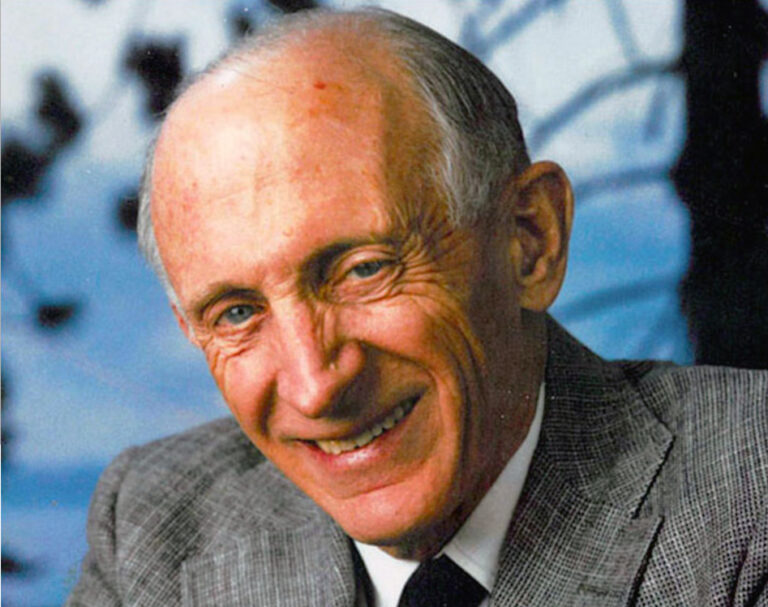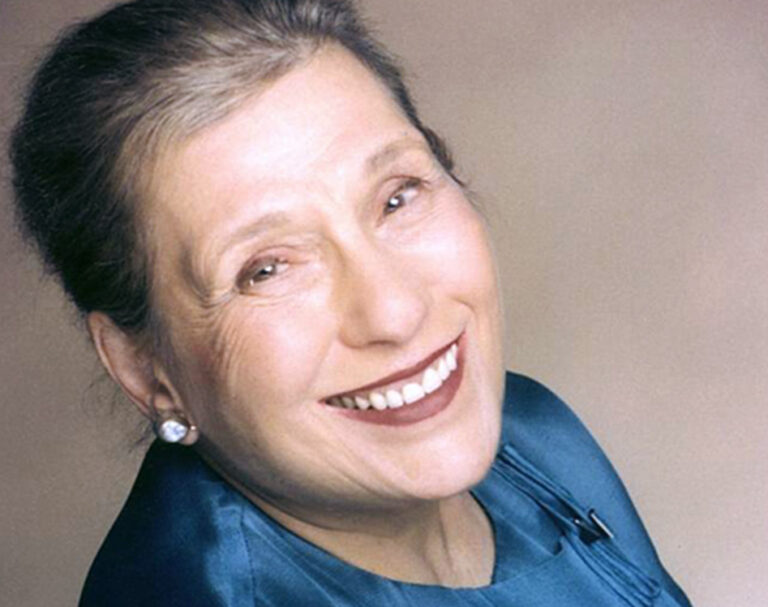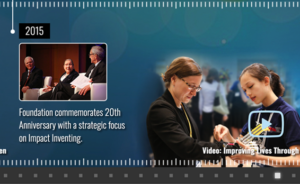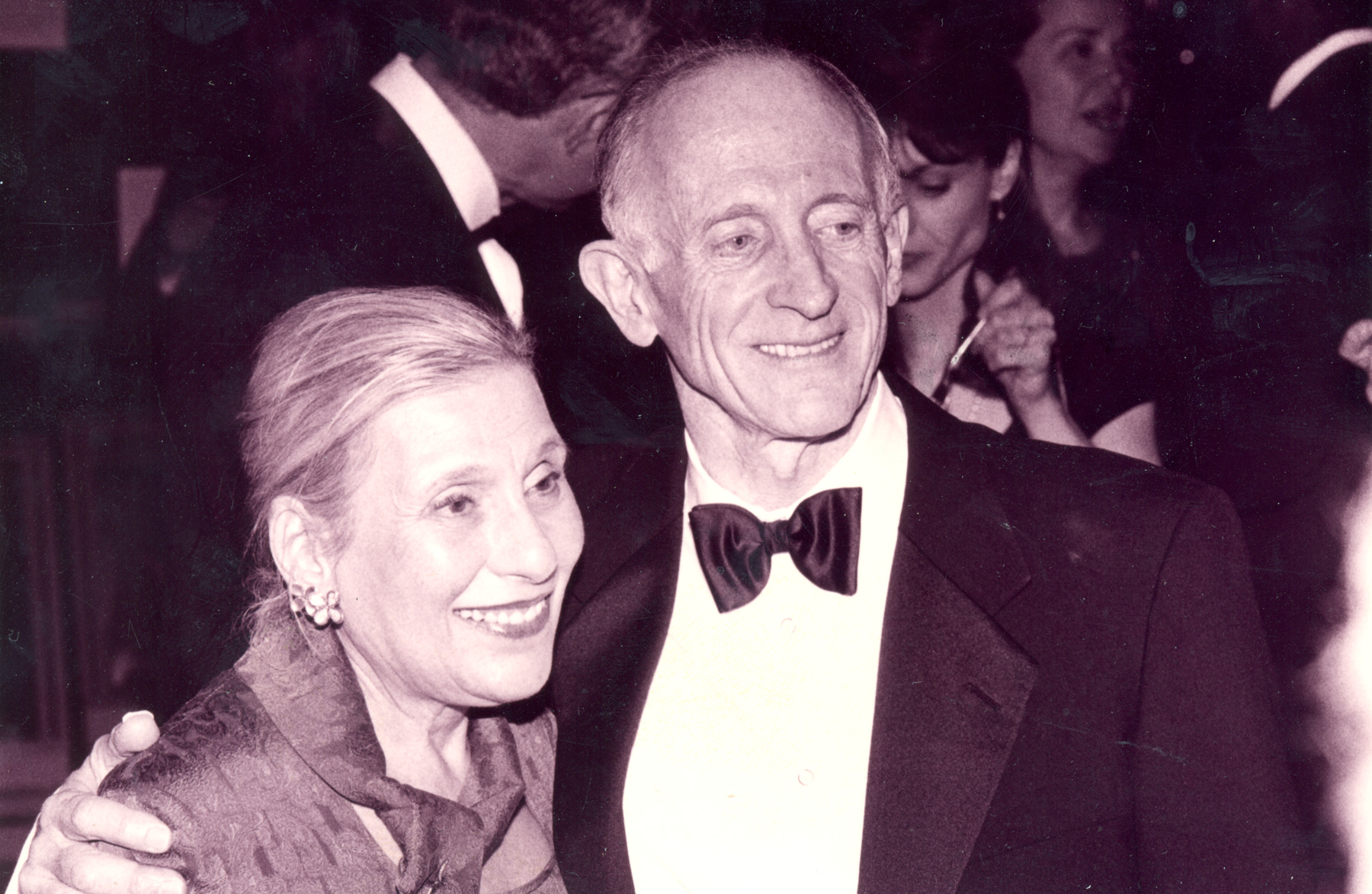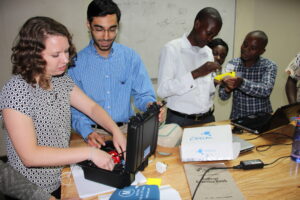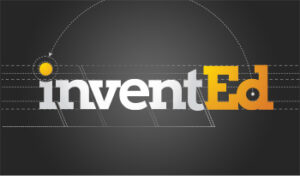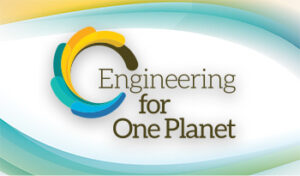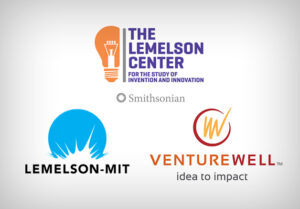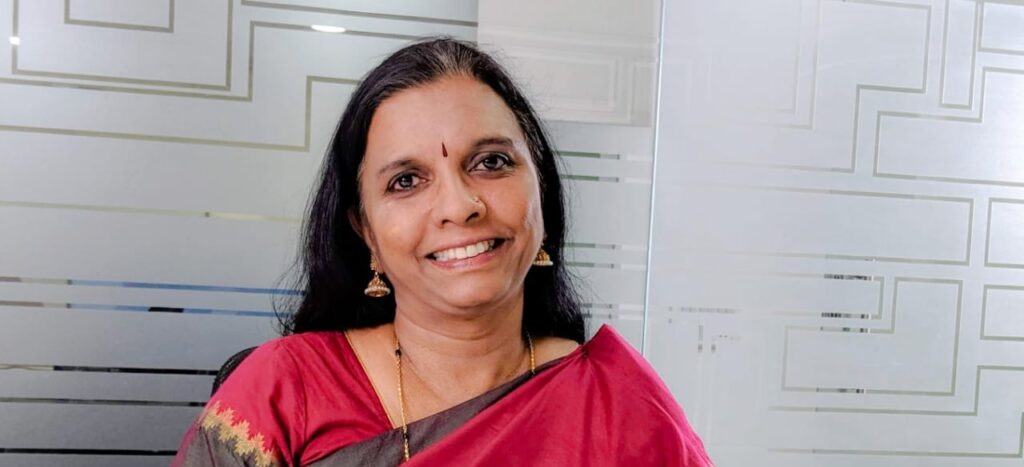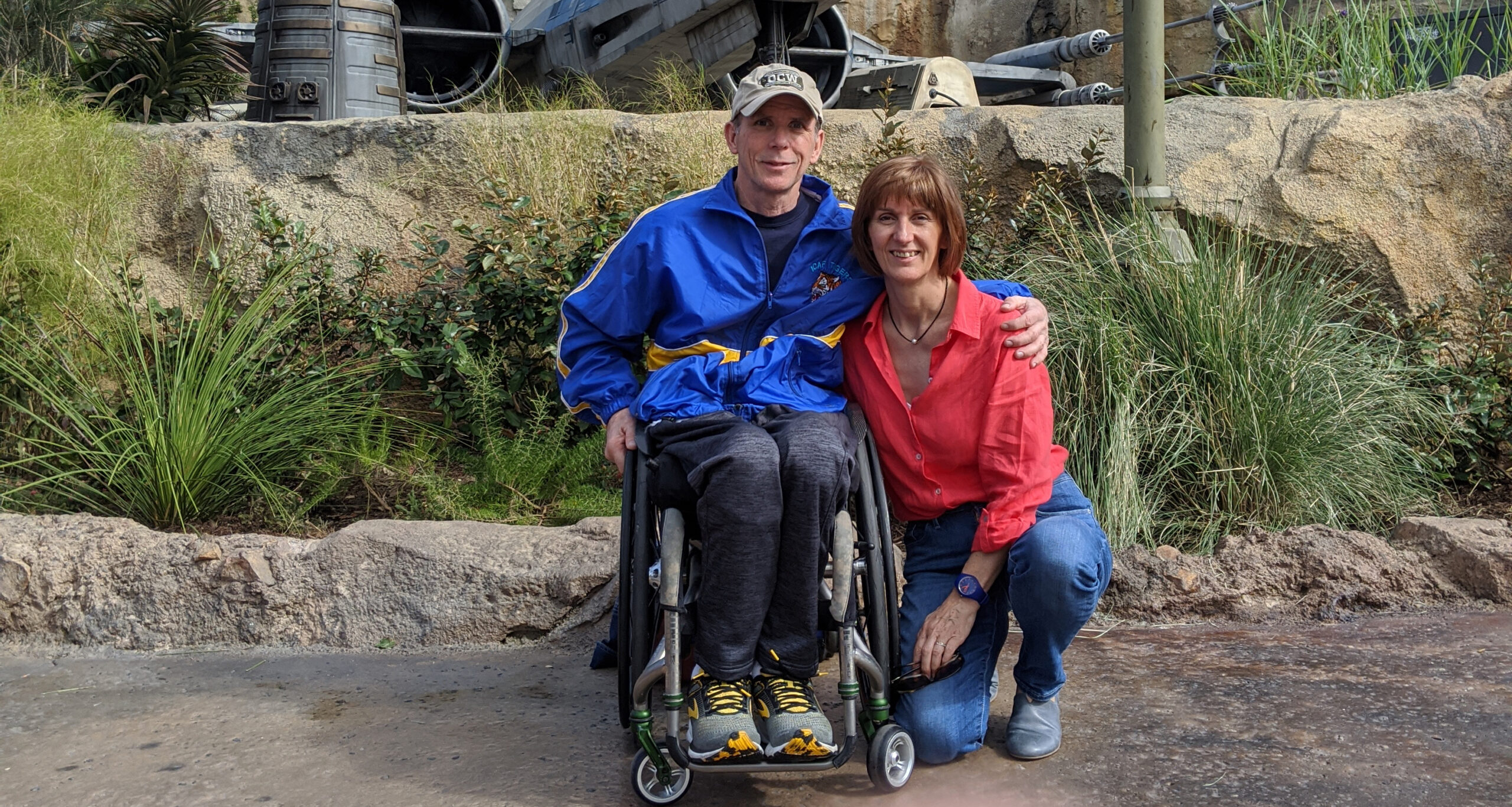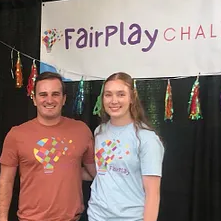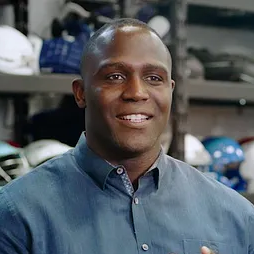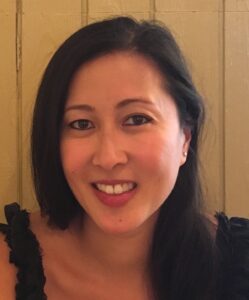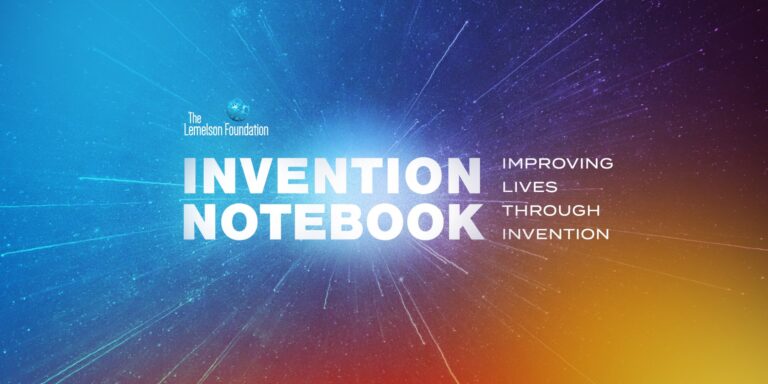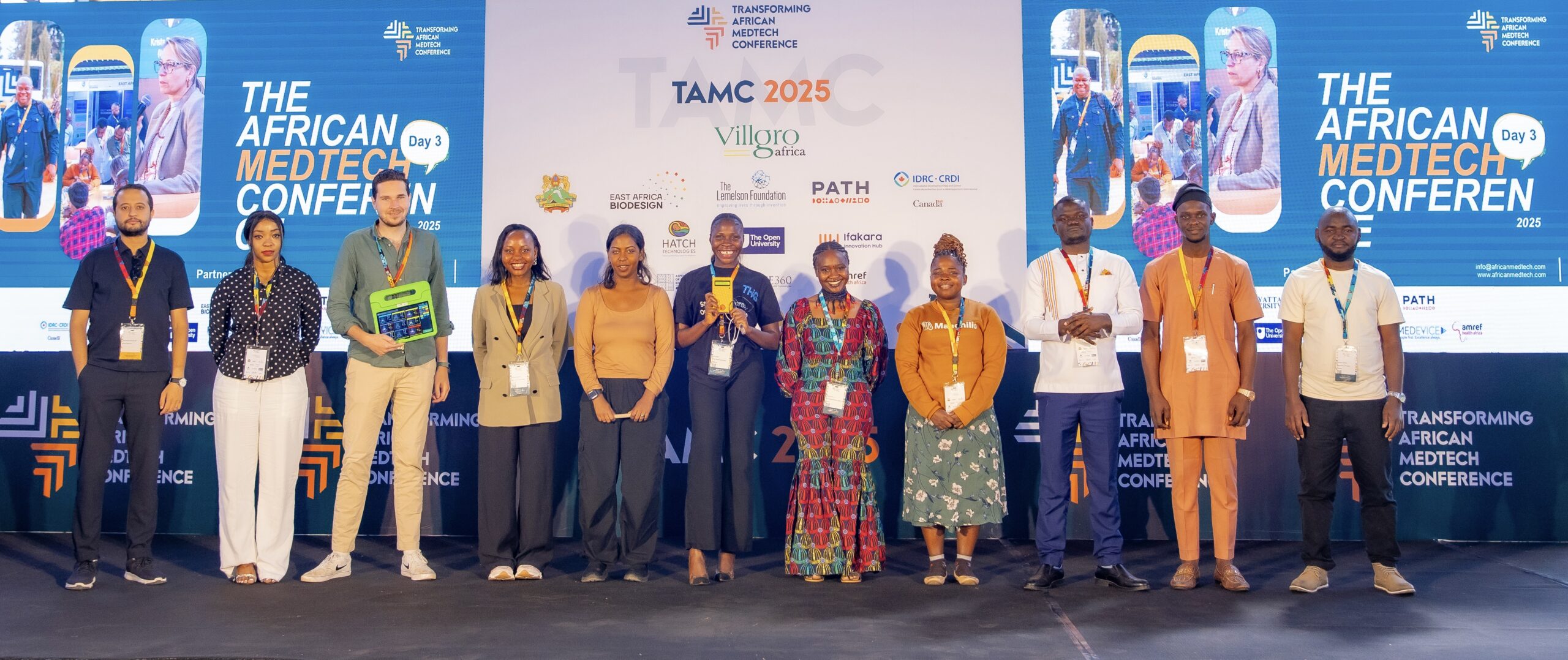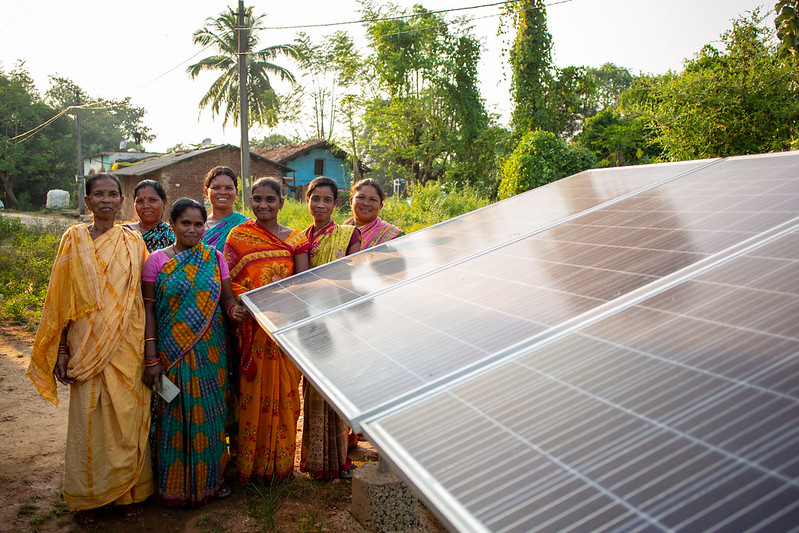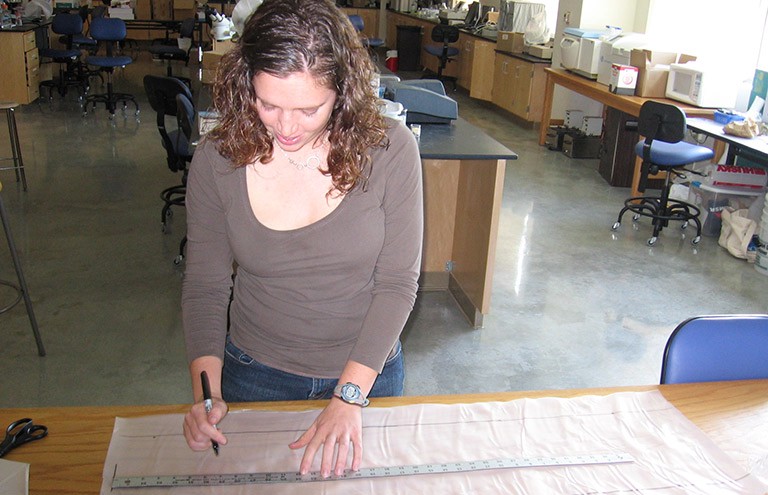Seven Lessons from a First-time Inventor-Entrepreneur
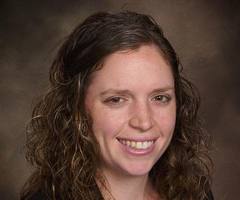
min read
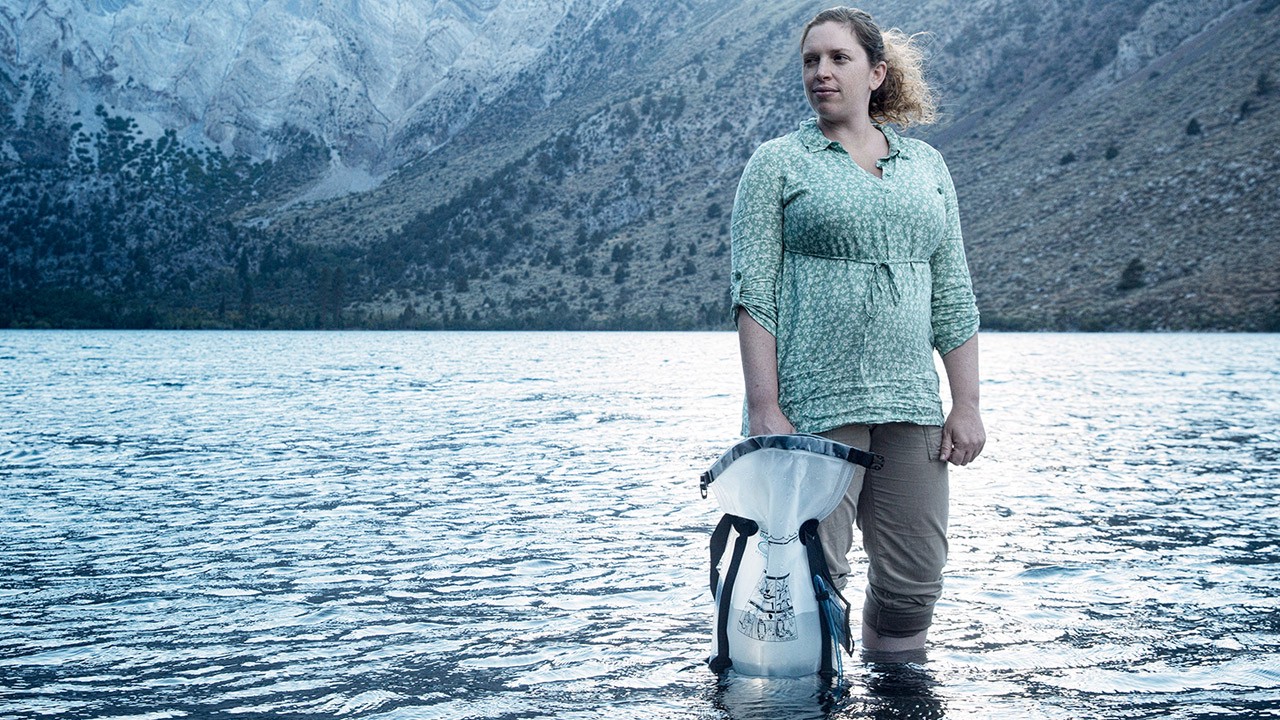
Tricia Compas-Markman’s journey from engineering to founding a startup for safe drinking water brings valuable takeaways for innovators.
I believe that invention can help solve some of our most pressing challenges and improve living conditions for communities across the globe. In particular, disaster relief is an area where innovation can save lives, especially as climate change increases the frequency and severity of natural disasters.
But even as an optimistic undergraduate engineering student more than a decade ago, I wouldn’t have predicted that one day I would identify as an inventor-entrepreneur myself, founding a startup called DayOne Response dedicated to providing safe drinking water to vulnerable communities.
From the time I was a little girl, I knew I wanted to help others and make the world a better place. My father was a nuclear engineer, and we lived for a time in South Korea. In the region, I was exposed to the struggles of less affluent societies, but also to the idea that science and engineering can bring real change. I went off to California Polytechnic State University in San Luis Obispo to become an engineer myself, but initially I didn’t feel a real connection to my studies.
Then I heard a talk by an alum about Engineers Without Borders (EWB). Here was a group using engineering for humanitarian ends — an idea that seemed to gather together the threads of my life.
I eventually became president of Cal Poly’s EWB chapter and saw firsthand the challenges many developing countries face providing access to safe drinking water. That led to my decision in 2007 to pursue a master’s in civil engineering with Dr. Tryg Lundquist, a Cal Poly professor who had won a campus innovation contest for a portable bag used to purify and store drinking water after a natural disaster.
The technology was still undeveloped, but the need was clear: Each year some 250 million people are affected by storms, earthquakes, floods, and other crises, requiring relief agencies to spend an estimated $6.75 billion on drinking water.
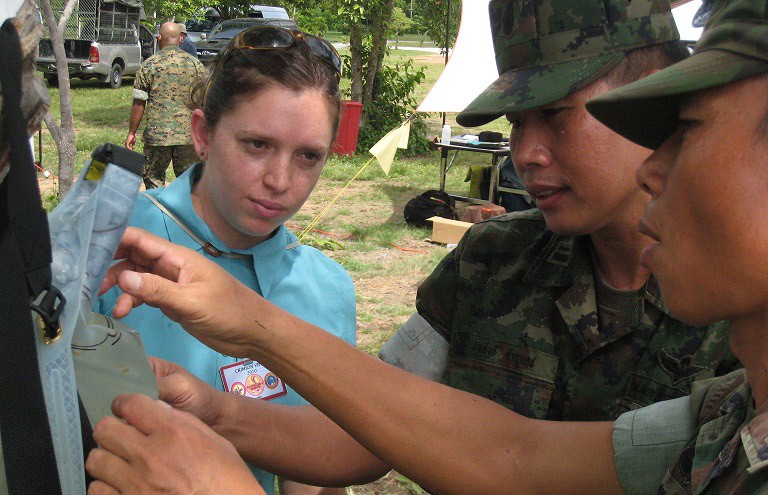
When I joined with Tryg to work on his water bags, I had no idea that I was setting off on what would become a 10-year entrepreneurial journey, one that would push me out of the engineering lab onto the global stage. It would require me to develop new business and leadership skills as we built and financed a successful startup based on the water bag technology; and to navigate and network in the complicated world of international humanitarian relief.
Today, I work at the entrepreneur support organization VentureWell* helping to train and advise other early-stage ventures, and sharing my own invention journey with others embarking on that path.
Looking back today with the benefit of hindsight, I have a new understanding of the dynamics that shaped my startup experience. While doing business in the humanitarian relief market is uniquely complicated, many of the issues I confronted offer valuable lessons for other innovators.
1. Seek out and maintain key relationships.
I may have been the face of DayOne Response, but the venture could not have succeeded without a network of supporters and mentors. Some backers — such as Bill Varnava, a US Navy water engineer and Cal Poly alum — found me, while others came about through my own networking or through entrepreneurship support organizations such as VentureWell. But once I made the connection with someone whose guidance and counsel I valued, I made sure to maintain the relationship. In some cases, I formalized the relationship by inviting a supporter to serve as a business advisor; in other cases, I kept up to date through LinkedIn or by checking in with an occasional phone call. I always tried to stay coachable and transparent, and over the years my network would help me obtain introductions to new manufacturing partners, investors, board members, and potential customers.
2. Know your technology.
I knew nothing about water-bag design when I first began working with Tryg. But after spending two years tinkering with plastic and duct tape in the lab, and additional years refining prototypes after pilot tests in the field, I had acquired a deep knowledge of the bag’s engineering that would prove invaluable as I worked with suppliers and manufacturers. Just one example: Needing to lower production costs as we worked to scale our venture, we partnered with our first supplier, Cascade Designs, to develop a sponge-based filter for our bags that out-performed the far more costly model we were using at the time.
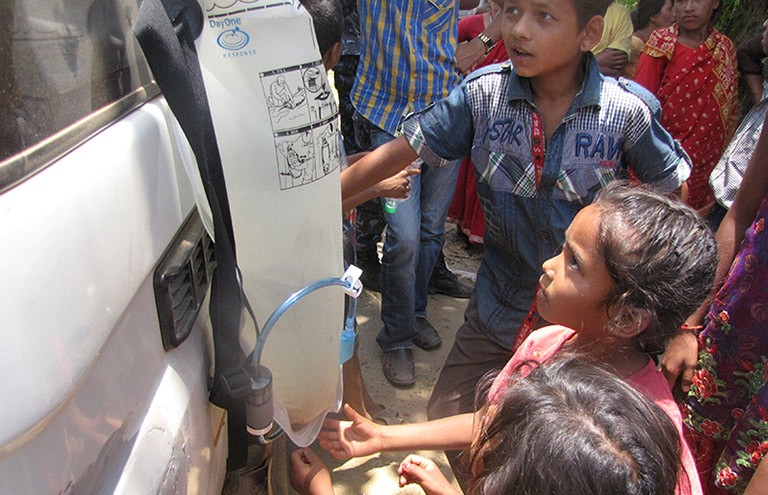
3. Know your customer.
VentureWell’s early-stage entrepreneur training requires innovators to conduct a hundred interviews with potential customers to help assess an innovation’s market fit. That all-important customer discovery process is difficult in the humanitarian market, because the user of a relief product (a disaster victim) isn’t the buyer (the relief agency). While my team did talk to potential customers, we didn’t conduct nearly that number of interviews prior to incorporation. We might have learned about the complexity of the non-governmental-organization buying cycle, or understood the distinction in field-versus-headquarter decision-making, or discovered earlier the differences between customer and end-user. We might have avoided numerous other pitfalls had we had access to the Venture Development Framework, VentureWell’s roadmap for early-stage businesses.
4. Expect the unexpected.
Just as DayOne Response was gaining traction, we were hit with an unexpected decision by the Environmental Protection Agency (EPA) that required us to launch a lengthy and costly review of the use of the Procter & Gamble water purifying chemicals in our bags. In the meantime, all sales were halted. We began to wonder how we could keep the company alive. Our answer: be nimble, shift resources, and develop an achievable new strategy. We used this time to build the brand’s presence and visibility among potential customers by launching additional pilot programs in the field. While that was happening, I became a self-taught expert in EPA regulatory requirements, managing filings in each state. It was a good lesson that success as an entrepreneur requires versatility and resourcefulness.
5. Be open to opportunities.
Running DayOne Response, I often found myself having to respond to new information or evolving circumstances, while still trying to adhere to a previously decided strategy. Some new developments can be mere distractions, but others can be valuable opportunities. I learned the importance of being able to tell them apart in 2011, when I was introduced to a group of women angel investors. I hadn’t sought backing for DayOne Response as a woman-run venture, or even thought of it that way, but of course it was. That recognition opened a number of new doors. The Pipeline Angels group not only provided me with investors, but also introduced me to people who would become mentors and board members. I learned a huge amount about business and how to raise money, and I met women who I could look up to.
6. Support can be more than just financial.
Over the company’s life, DayOne Response would raise $2.6 million in equity financing, but I would have benefited greatly from the investment-readiness training VentureWell offers through its ASPIRE program. As it was, I had to learn on my own and with the support of my advisors how to hone my pitch to investors, understand what a deal room was, and how to dissect and understand a term sheet. If I had been more familiar with these facets of the investment process, my approach could have been more methodical. Among the key lessons I took away from the experience is that, while investors certainly place restrictions on a business (requiring say, the formation of Boards of Directors), in the best cases, their involvement also can bring important benefits. DayOne Response’s investors contributed time, resources, expertise, and insights into the company’s management and strategy, and we shared a goal of mutual success.
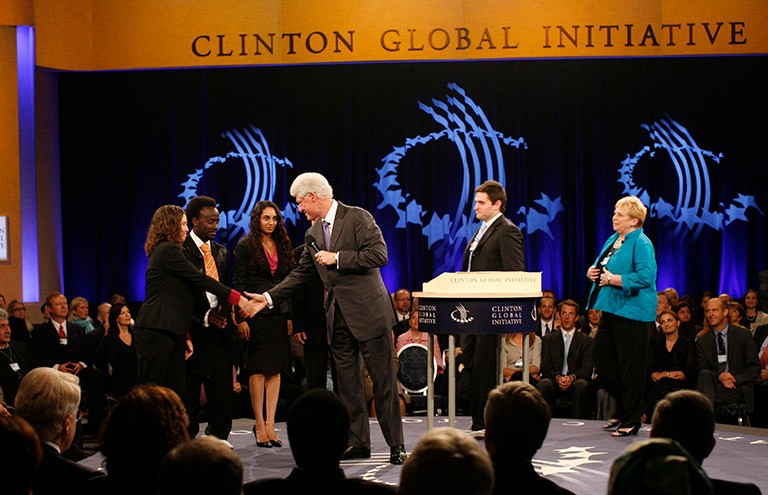
7. Building a company is a remarkable life experience, no matter the outcome.
DayOne Response ended its run in 2020, after we realized we could not sustain our operations or find a buyer. Could we have found a way to avoid that outcome? Maybe. But I now see that we were up against deep structural forces in the humanitarian relief market. Relief agencies do not have consistent budgets to purchase what they need in advance of disasters, they tend to choose low-cost solutions, and they work on a schedule that is highly unpredictable. Still, we never stopped responding and innovating. We diversified our revenue by becoming a distributor for Procter & Gamble’s water purifying packets, built partnerships for cross-selling, and began offering water bags to the survivalist community and outdoor-enthusiast markets. One particularly promising concept we piloted was a sponsorship model that used corporate donations to build our inventory.
Looking back, I see my 10-year experience with DayOne Response as a time of learning, risk taking, and collaborating with amazing people around the globe. I could still take pride in all that we had achieved: transforming a simple idea into a company that provided more than 40 million liters of clean drinking water and saved countless lives around the world.
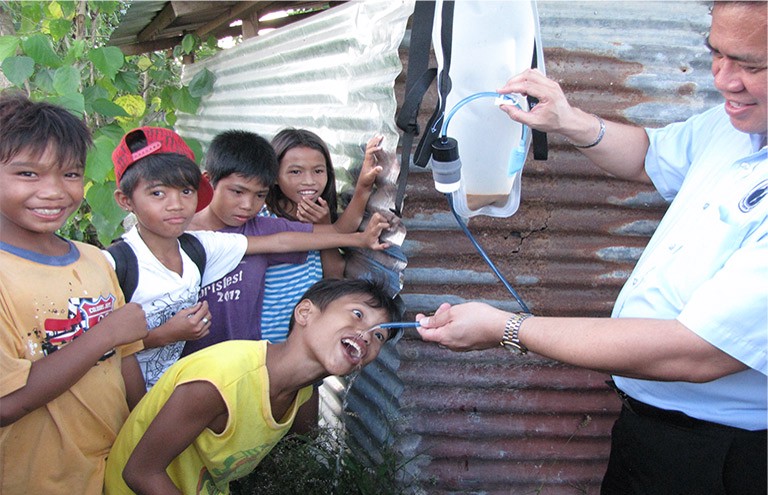
Facing the challenges of running an invention-based business taught me more than I ever could have imagined. I had the privilege of working with incredible mentors, advisors, colleagues, customers, corporate sponsors, and entrepreneurs. And now, at VentureWell, I am able to share what I’ve learned with the next generation of inventors and innovators, all striving to make the world a better place in their own unique ways.
Take a deeper dive and learn more about Tricia Compas-Markman’s entrepreneurship journey by reading a case study from VentureWell on her invention-based enterprise, DayOne Response.
Tricia Compas-Markman is a senior program officer at VentureWell. She implements and supports VentureWell’s early-stage entrepreneur programs, providing training for innovators on topics ranging from customer discovery to investment-readiness. Previously, Tricia founded and led DayOne Response, a science and technology startup providing clean drinking water solutions to vulnerable communities. During her tenure, she built a company with international reach, developed key partnerships, invented and scaled water technologies, and secured financing, which resulted in reaching 35+ countries and saving lives. Tricia received her BS in Civil Engineering and MS in Civil/Environmental Engineering from California Polytechnic State University, San Luis Obispo.
Learn how to register here for Compas-Markman’s virtual OPEN session on March 15, “Lessons Learned from the Complex Journey of a Science and Technology Innovator.”

Important Disclaimer: The content on this page may include links to publicly available information from third-party organizations. In most cases, linked websites are not owned or controlled in any way by the Foundation, and the Foundation therefore has no involvement with the content on such sites. These sites may, however, contain additional information about the subject matter of this article. By clicking on any of the links contained herein, you agree to be directed to an external website, and you acknowledge and agree that the Foundation shall not be held responsible or accountable for any information contained on such site. Please note that the Foundation does not monitor any of the websites linked herein and does not review, endorse, or approve any information posted on any such sites.

